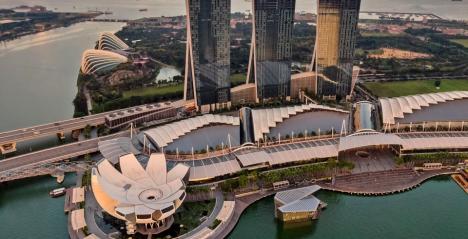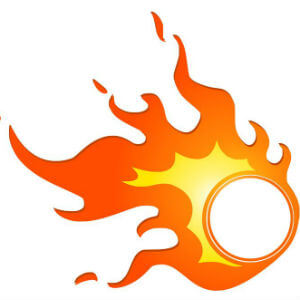Dr Alan Cheung is a Consultant Orthopaedic Surgeon specialising in the treatment of sports injuries such as torn ligaments and tendons, fractures and sprains, cartilage injuries, and even bone cancer.
He is skilled in minimally invasive joint reconstruction and the use of advanced robotic surgery including Makoplasty, Navio and Robodoc for better surgical outcomes and reduced downtime. Expat Choice spoke with Dr. Alan recently to touch on some of the frequently asked questions that may answer our readers immediate concerns. Read on to find out more and if pain persists consult an Orthopaedic Surgeon.

When should I see a doctor?
Most patients come to see me when they have pain and cannot do normal activities such as work, play sport and walk/run. If you have any concerns whatsoever about your body and an injury, then please make an appointment to see me.
Should I continue to play sport and endure the pain?
I always advise my patients to listen to their body and not to push through the pain barrier. If you have tried RICE (rest, ice, compression and elevation) and simple painkillers, and your pain continues, then I advise you to seek medical advice, as continuing to play sport may worsen the problem.
Will I need an X-ray or MRI scan?
Most patients will need some form of imaging. X-rays and CT scans are useful to rule out bony problems, whilst an MRI scan is excellent at looking at soft tissue (e.g. tendons, ligaments, cartilage) problems.
Do I really need surgery?
It depends how bad your problem is. If you have a broken bone which is extremely painful and disabling, then you may benefit from immediate surgery.
For less severe problems, then it may be worth trying non-surgical management initially such as painkillers and physiotherapy. If your symptoms do not improve or even worsen, then you may benefit from surgery.
Are there any dietary restrictions following surgery?
Usually not, although I warn patients to avoid traditional Chinese medicine and blood thinning medications 2 weeks before surgery, as these may increase risk of bleeding during and after the operation.
When can I drive and travel after surgery?
It depends on what kind of surgery you have had and which body part. For example, patients with a joint replacement of the hip and knee are advised not to travel long haul or drive for at least six weeks following surgery.
About Dr Alan Cheong
Dr. Alan Cheung, like many of our readers is an Expat living in Singapore. He has lived on this sunny island for the last seven years and is a Consultant Orthopaedic Surgeon specialising in Sports Injuries and Robotic Joint Replacement.
Born in Cambridge, England Dr. Cheung underwent his medical school training at University College Hospital in London. He also trained in Sydney, Australia and in the USA. Since arriving in Singapore he has been the local medical lead for the One Championship and One Warrior Series Mixed Martial Arts events, Matchday doctor for the HSBC Sevens and SuperRugby events and is currently Team Doctor for the Singapore Cycling Federation, and Wrestling Federation of Singapore.
In 2018 he founded the award winning International Orthopaedic Clinic in Mount Elizabeth Novena Hospital and feels extremely privileged to look after Expats and global locals - repatriated Singaporeans and their families from all corners of the globe.
International Orthopaedic Clinic (IOC) aims to provide the highest quality care for you and your family, whether you have a sporting injury or a worn out joint from decades of activity. IOC also aims to provide a bespoke solution for your own unique problem allowing you to return to your desired activity and sports in tip top condition.
Dr Alan is available for consultation by appointment only. The International Orthopaedic Clinic is conveniently located in Mount Elizabeth Novena Specialist Centre.
a. Mount Elizabeth Novena Specialist Centre, #05-24 38 Irrawaddy Road, Singapore 329563













